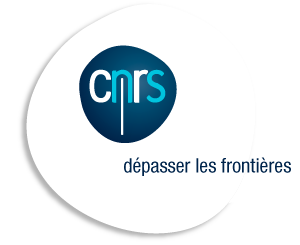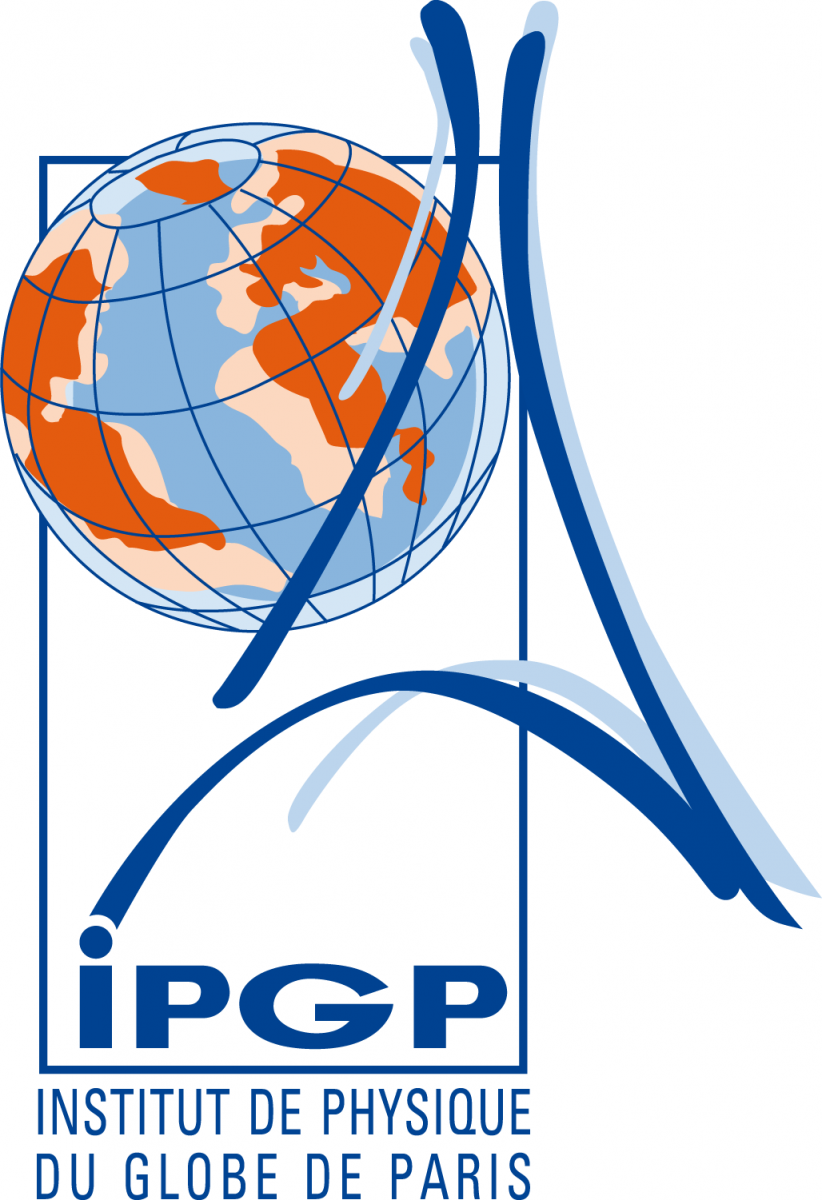Javier Gonzalez, Pierre Josso and Irene Zananiri are excited to announce that they will be hosting a session at Goldschmidt 2019 in Barcelona (18 – 23 of August 2019) entitled:
“Critical raw materials based on marine minerals: New frontiers and challenges”
The abstract submission is now open on the Goldschmidt website (https://goldschmidt.info/2019/abstracts) with a deadline for submission on 29 March 2019 (23:59 Central European Time). A detailed description of the session is given below. You are encouraged to submit abstracts for oral or poster presentation, especially students and early career researcher. Please feel free to pass the word to your colleagues.
Session Description (session 05m):
As our society transitions from hydrocarbon to metal-dominated economy, with the rapid emergence and booming market of high technologies and renewable energy, the requirement for rare and critical metals (Co, Te, REE, Pt, Ni, Cu, Au, Ag…) is soaring. The demand is expected for many metals to exceed the production in the coming decade, as global ore grade of on-land mined deposits keeps on decreasing. Covering more than 70% of the planet, oceans represent a potentially promising new frontier for the exploration of mineral resources. Spanning a large diversity of environments and resource style, including high and low temperature hydrothermal deposits (SMS, SEDEX), phosphorites, as well as ferromanganese crust and nodules, deep-sea deposits are particularly attractive for their polymetallic nature with high content of transition, rare and critical metals. Moreover, shallow-water resources, like marine placer deposits, represent an interesting source for many critical metals and gems. However, the attractiveness and development of many of these deposits is hindered by the lack of constrain of their spatial variability, their continuity over area sufficient to sustain potential mining activity, and our poor understanding of the disturbance of marine environments associated with human activities. We therefore welcome in this session any contribution exploring aspects of shallow-water and deep-sea minerals’ geochemistry, novel ways of automated exploration, modern ore processing techniques, new national or international programs related to the research of marine minerals, and environmental impact studies of marine mining activities
Pierre Josso
Geochemist in Minerals and Waste Research team
British Geological Survey, Keyworth, Nottingham NG12 5GG




